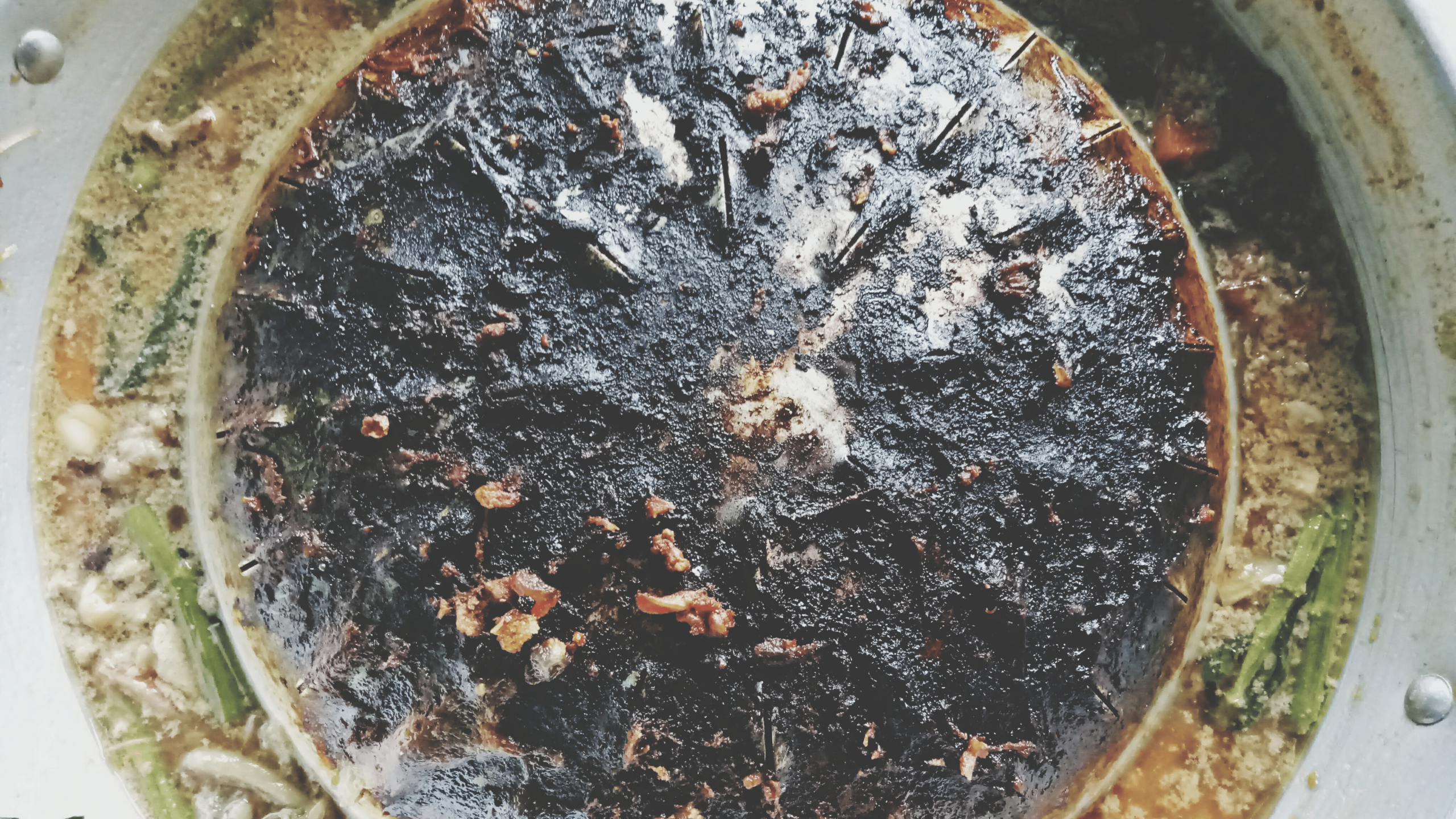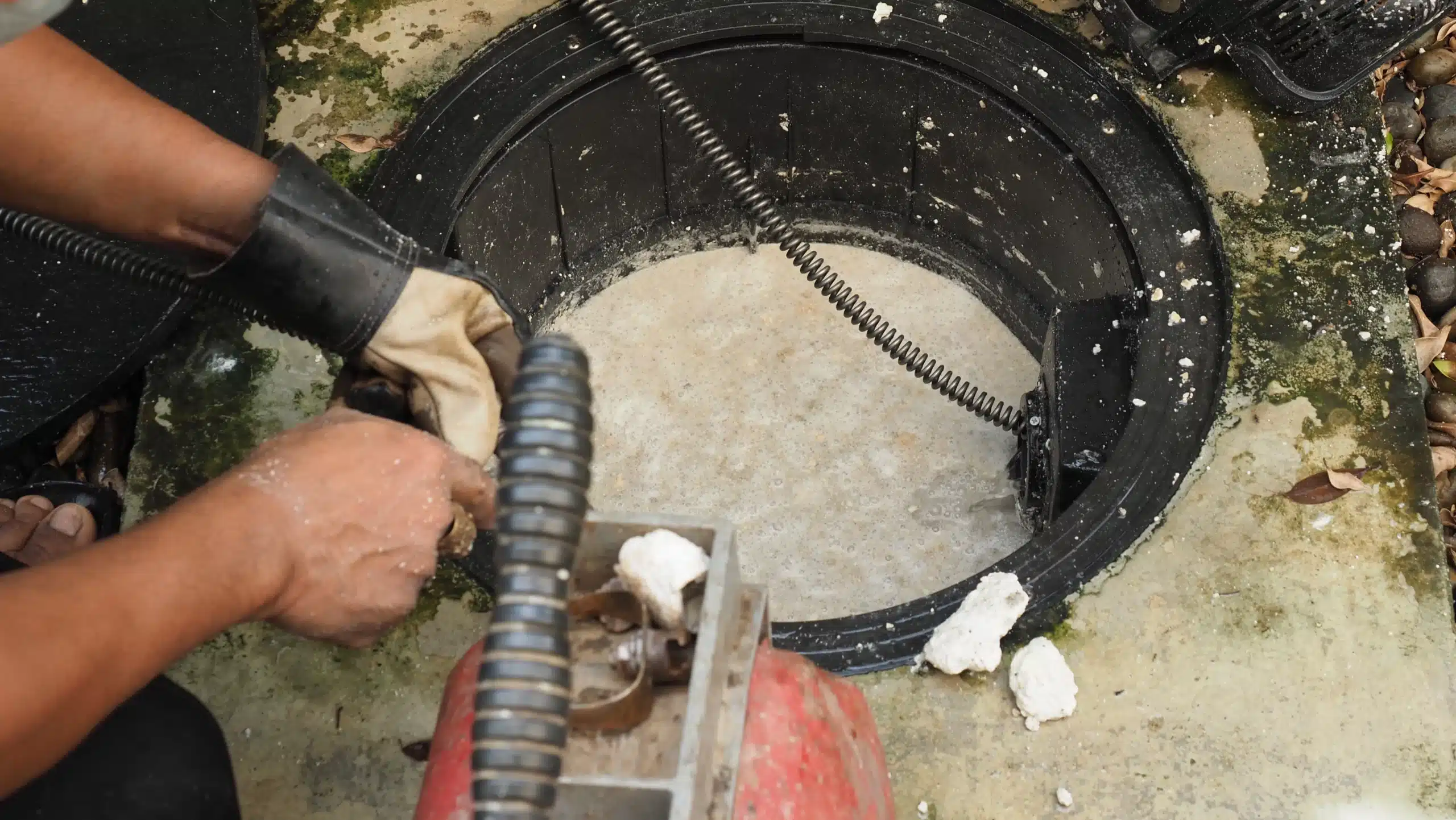There is no doubt that recycling makes the planet greener. Whether you are recycling plastic, metal, food, water, or cooking oil, well, it goes a long way to make the world greener.
Today, used cooking oil collection is done by the recycling companies. In the USA, billions of pounds of used cooking oil are generated every year. If it were not for recycling, this oil would be too challenging to manage. Most of it would find its way into the ground, leak into the water table and eventually, affect marine life, and the water that we drink.
While there are economic benefits of recycling oil, the bigger benefit, and often the unsung one, is the eco-friendliness aspect of the process.
Keep reading to see why used cooking oil recycling is essential for a greener planet:
1. Less oil goes to the landfills
When waste goes to a landfill, it is buried there, and it stays underground for many years. If you let used cooking oil find its way to the landfills, it will stay there, and then it will seep into the soil, until it gets to the water table.
When it gets to the water sources such as rivers, lakes and the oceans, it combines with other forms of waste to form a layer on top of the water. This layer prevents the proper penetration of oxygen into the water. Less oxygen in the water affects the marine life.
In the rare cases that the oil does not get into the water, it will get into the soil. This is going to affect the quality of the soil and in return, plants will not grow properly.
2. There is less strain on resources
Today, cooking oil comes from raw materials such as rapeseed, sunflower seed, corn germ, cotton seed, soybean, palm fruit, peanut, palm kernel and others.
Some of these crops grow fast and some grow slowly. Besides, all of them require fertilizers, water and other resources to grow well.
While collecting used cooking oil does not affect the supply of these raw materials directly, on the other hand, the recycled oil is used in various ways in the industry. For instance, the bio diesel derived from the old cooking oil will be used to power trucks, tractors, generators, and other things. In return, this is going to lessen the strain on fossil fuel.
Just imagine how many resources are used to extract fossil fuel from the ground. It is quite a lot. To save on these resources, we need alternative fuels, and biodiesel from the used cooking oil ranks highly.
3. There is minimal pollution
Recycling anything has a direct impact on pollution and the preservation of the ozone layer. To recycle means to reuse something that would have gone to waste. In this case, you are creating ways to use the old oil that would have gone to the landfills.
Again, recycling old oil to make biodiesel has many effects, and one of them is that there is less reliance on fossil fuels. Again, biodiesel has no emissions, so it is friendlier to the environment.
Burning garbage produces harmful gases, and they are not only a threat to the atmosphere, but they can also cause respiratory diseases. Therefore, the less the oil that ends up in the garbage, the better!
4. Prevents sewerage problems
There can be a serious drain-clogging challenge when the used cooking oil is poured down the sink. It starts to solidify when it cools down, and it can eventually block the pipes. If that happens, you will have to hire a plumber to rectify the problem, and that is going to cost you a lot of money.
Letting used cooking oil get into the sewerage system can create nasty backups into the street. The sewage could get into the water sources. It could lead to more clogging in the sewerage system, and this would take more resources to put right.
If the clogging is linked to your business, you could be required to pay hefty fines. You might also face closure of your business for some time, until you become compliant. Engaging the services of a used cooking oil collection company saves you from such trouble as they will provide the storage containers, and they will collect the oil on a regular schedule or as required.
5. Better, enriched animal feed
The used cooking oil is repurposed to biodiesel and animal feed. The oil is added to the animal feed because of its wealth of calories, and other nutrients. This means there is less need to use corn in the animal feeds. In return, this has a ripple effect on the production and consumption of corn, and this impacts the usage of resources available.
Research shows that the cooking oil added to animal feeds has almost 3 times more calories than the regular feed. Therefore, the animals will eat less food, and they will not lose weight, or lower their yield. The cooking oil nutrients are added to dog, cow, horse, and pig feed to name but a few.
6. Recycling is cleaner than disposal
When you arrange for the collection of used cooking oil from your business premises, it means there will be less cleaning to do. This saves your water, and that is not only good for the environment, but for your pocket too. The recycling company provides the containers for storing the oil, so there are less spillages in the kitchen.
When you work with a good company like Grease Collection, less of the oil ends up in the kitchen sinks, and in the grease trap. Less oil getting to the FOG trap means less frequent cleaning every year, so you save money.
Wrapping it up
Whenever you recycle anything, even if it is repurposing water, for instance, using dehumidifier water on your plants, you help to make the planet greener.
When you recycle cooking oil, and it is repurposed to biodiesel, animal feed, and other things, you do a lot for the environment. Somewhere along the supply chain of vehicle fuel, food and other things, less resources will be used.
When you recycle the old oil, you help to create employment, you enhance fuel security, and you help to prolong the life of the sewerage systems. Less cleanup is required when you recycle the oil, and this lowers the strain on cleaning products, water and staff.
Must Read: How to Choose a Used Cooking Oil Recycling Company?


